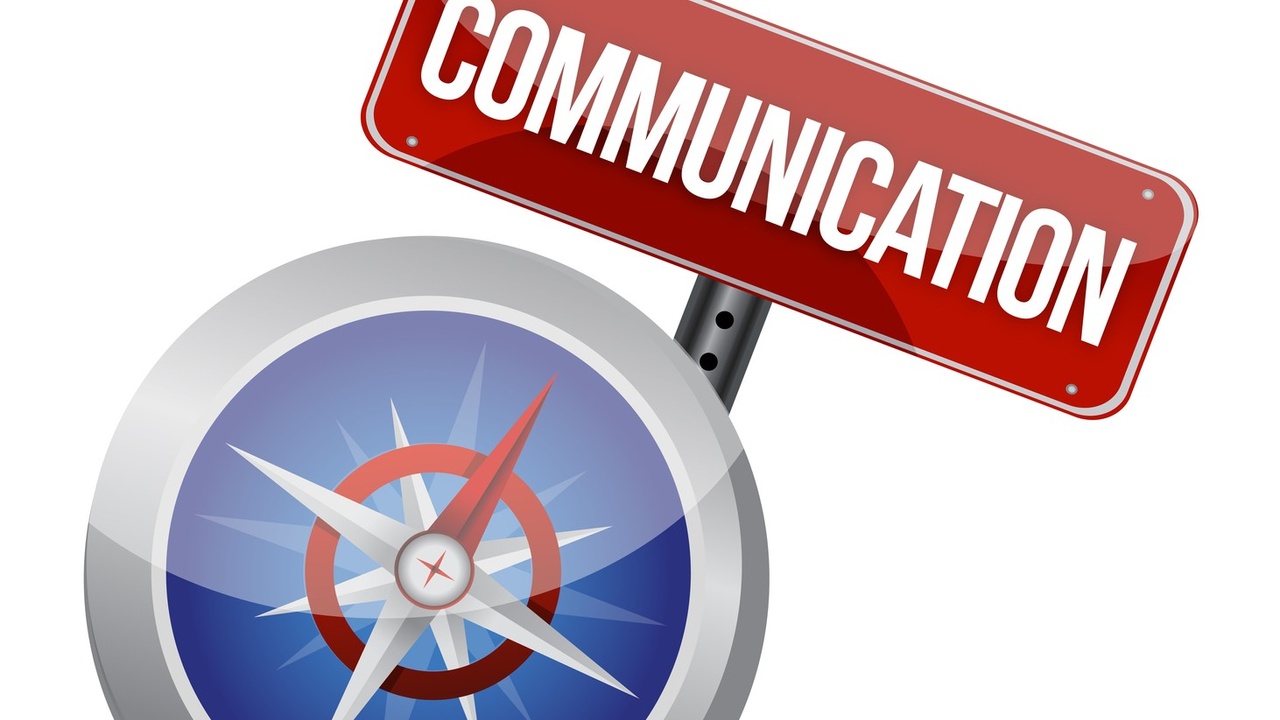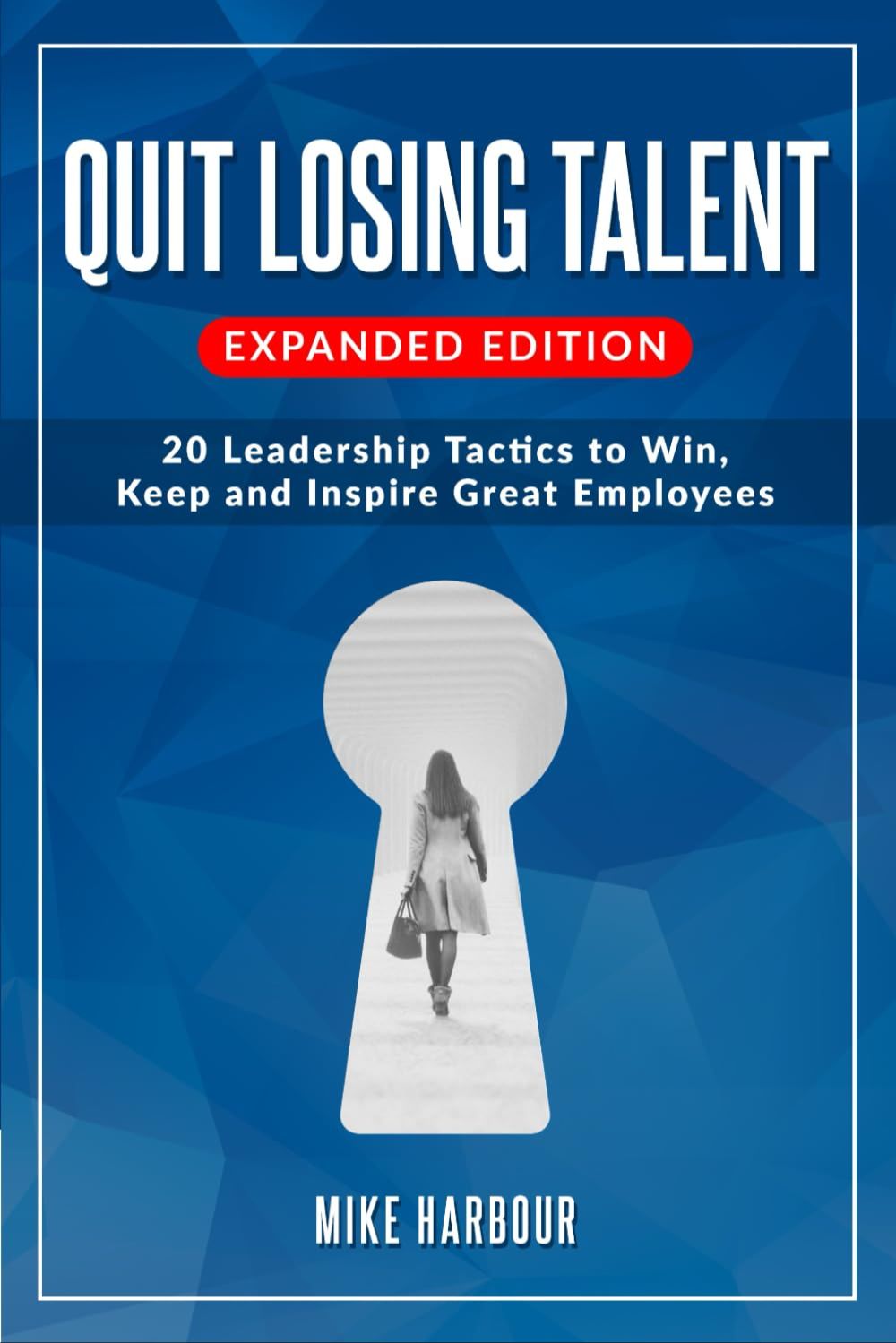5 Ways to Create a Better Flow of Communication

Let’s be honest with each other for a moment. We have a communication crisis in the world today. The lack of trust is at an epidemic high. No one trusts anyone anymore. Even if the information is 100% accurate it is questioned by everyone else, and people feel if there is a motive behind the truth.
Poor communication can have a devastating impact on any workplace environment. Not only does it derail productivity, frustrate employees, and damage morale, but it also takes a massive bite out of your bottom line.
I have seen poor communication destroy the careers of leaders and cultures of great progressing organizations.
Communication is truly the number one challenge in every team, company, and organization today.
Just think about the new things you are having to communicate about today. Work schedules have changed. COVID and its effect on our workforce. Vaccines and the need or lack thereof for them. Who is right or wrong the republicans or the democrats? The use of social media and what you can and can’t post to keep your job. And the mental health challenges the world is facing right now.
Communication is the number one skill every person should develop, but not many people will really work on developing beyond where they are right now and what they have learned from the past. When we do this, it keeps us stuck and we lack progress in relationships with others, and trust breaks down rapidly. Sound familiar?
Here are 5 ways you can develop your own skill of communication and then begin to help others.
- Seek first to understand, then to be understood. I read The 7 Habits of Highly Effective People by Steven Covey when I was in my early twenties. It was many years later when I began to learn it and then practice this habit in my communication with others. Why is it important to practice this habit? The number one reason people are leaving companies today is because they do not feel valued by their boss/employee Simply listening and seeking to understand others before trying to force your ideas and opinions on them will create trust and understanding.
- Practice the platinum rule. We all know the golden rule, do unto others as you want to be done to you. But if you think about this for a minute this could be really selfish. People have a desire to be treated differently than you or me. I am a very direct, to the point, no fluff communicator. Just come to me and give me the facts and let me ask questions. But, if I treat others this way there is a real high probability I will intimidate them and create a gap and problem in our relationship I am not seeking to create. The platinum rule teaches us to treat others how they want to be treated. This is different than you or me. If you begin to practice this rule in your communication, I promise it will change your world. I have thousands of firsthand experiences in making this change in my style with others.
- Check your emotions at the door. We are all emotional beings. However, if I bring certain emotions into a conversation with others, I am likely to trigger a response from them I do not like. This often creates the vicious cycle of reactive and emotional conflict versus conversation and collaboration. I am a believer in having conversations that are tough and having them quick, but only after I have checked in with my emotional state. I recently had to have a very difficult conversation. Before having this, I went to the gym, I had some prep conversations with others, I prayed for calm and direction. The individual I had this conversation with is a very emotional and reactive communicator. I am happy to say the conversation went brilliantly because I practice the three ways I have shared with you above.
- Use questions versus directives to keep the conversation going. Questions are the path to understanding. But do not use leading questions, use discovery questions. Be curious about others and don’t use the questions to lead them to your path. This is manipulation, not leadership. I personally am a very directive personality, so I must focus on this principle in every conversation I have with others. When I practice this, the other person always feels heard, valued, and understood. Trust is gained.
- Be Friendly This sounds elementary I know, but the question I have for you is are you friendly? Do you see others as valuable as you see yourself? Do you like people or do you judge people? We can’t be friendly when we are judging them. You may have this concept under control, but in the world I visit daily in my leadership work, we have lost friendliness. No matter if I’m at the store, somewhere in the community, or with a healthcare client I am working, the friendliness meter has bottomed out in many cases. Gandhi said to be the change you wish to see in the world. I challenge you to work to be the friendliest person anyone meets. It’s harder than you think when we are focused on ourselves…so go focus on how valuable others are in the world.
Above I have shared 5 easy, but not simple ways to create a better flow of communication. I hope you will learn and not just read the principles and then also share them with others.
Books I recommend helping you grow in this skill area.
How to Win Friends and Influence People
Everyone Communicates, Few Connect
Ego is the Enemy
7 Habits of Highly Effective People
Stay connected with news and updates!
Join our mailing list to receive the latest news and updates from our team.
We hate SPAM. We will never sell your information, for any reason.



